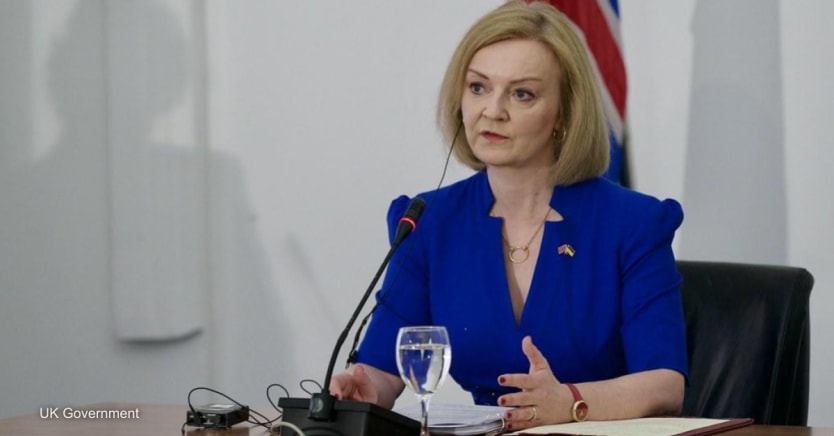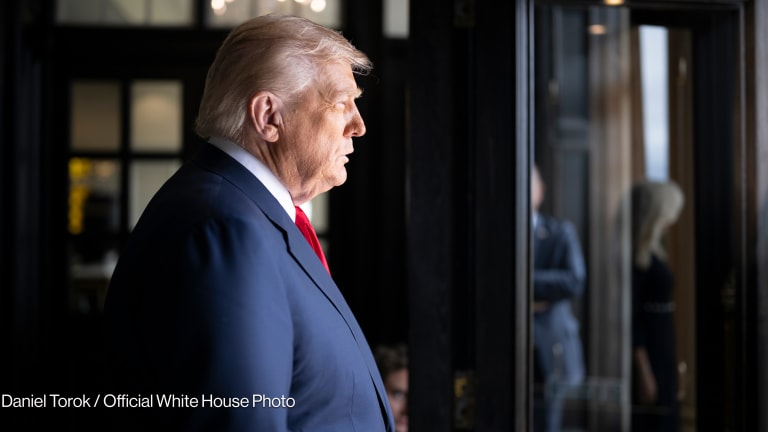
Development aid should seek to challenge “geopolitical efforts by malign actors” like China, according to U.K. Foreign Secretary Liz Truss, who told parliamentarians at a committee meeting Tuesday that aid has “various purposes, but it has to be a coherent part of our foreign policy.”
In an address that echoed the foreign secretary’s previous comments on development that were openly political, Truss said: “One of the concerns I’ve had about development spending in the past is, is it contributing to our overall objectives of promoting freedom and democracy around the world? … This is why we launched British International Investment — as an alternative to strings-attached investment from countries like China.”
The comments came as Truss was interviewed by members of Parliament on the Foreign Affairs Committee to discuss the work of the Foreign, Commonwealth & Development Office.
Shortly after becoming foreign secretary in September, Truss revamped the development finance institution then known as CDC Group, dropping “development” from its name and rebranding it as BII in 2022. But leaders at the organization — which is independent of FCDO, despite the government department being its sole shareholder — have insisted that its core aims are alleviating poverty and providing climate finance.
Truss also said the just-announced $600 billion Partnership for Global Infrastructure and Investment from the G-7 group of industrial nations was a “collective effort to challenge the Chinese Belt and Road Initiative.”
The foreign secretary did not mention poverty alleviation — the legally defined purpose of U.K. aid spending — while discussing her view of aid, but she did say that the U.K. should also be focused on “alleviating humanitarian suffering.” She did not go into detail about what this meant and made no mention of areas historically associated with U.K. aid, such as global health or education.
But she added: “We also need to look at the future geopolitics. Is our development spending pushing in the right direction, or are we inadvertently contributing to countries being pulled towards authoritarian regimes? So we look at it through that lens, as well as looking … through the humanitarian lens.” Truss did not give an example of what she meant.
She was later questioned about the United Kingdom’s relationship with Persian Gulf states such as Saudi Arabia — countries that have seen repeated criticism of their human rights records. But Truss said it was “right that we build that closer … relationship with the Gulf states,” citing the need to import their oil amid an energy crisis following Russia’s invasion of Ukraine. She was unable to cite a time when she had raised a human rights issue with a Gulf state leader.
Truss was also unable to say how much of the United Kingdom’s Special Drawing Rights, issued by the International Monetary Fund, had been recycled to boost funding for development projects or what proportion she wanted recycled. But her objective for the extra funds, she said, was to use them for Ukrainian reconstruction.








